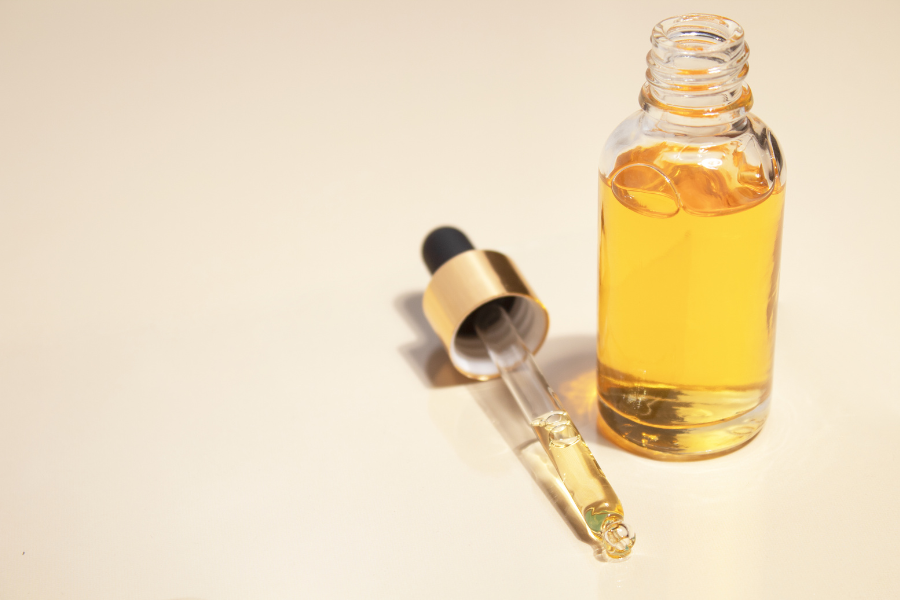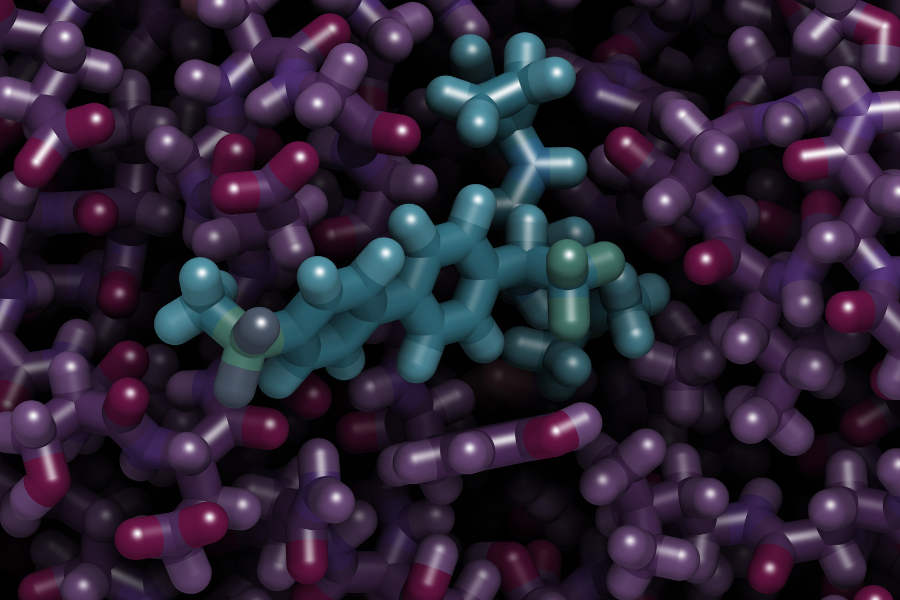MIF-1
The search for effective antidepressants continues to be a major focus in medical research, given the widespread prevalence and debilitating nature of depression. One promising candidate that has garnered attention is MIF-1 (Melanocyte-stimulating hormone release-inhibiting factor-1).
This endogenous peptide, which plays a role in the melanocortin system, has shown potential in treating depression, particularly anhedonia—a core symptom characterized by a lack of pleasure, interest, and motivation. But what is exactly behind this interesting peptide? Let’s find out!
What is MIF-1
MIF-1, or Melanocyte-stimulating hormone release-inhibiting factor-1, is a peptide hormone derived from a cleavage of oxytocin. It functions by blocking alpha-MSH (alpha-Melanocyte-stimulating hormone), which is a full agonist of melanocortin receptors, specifically MC1, MC3, MC4, and MC5. The melanocortin system, including MIF-1, is involved in various physiological processes such as appetite regulation, sexual behavior, emotional response, and skin pigmentation.
How Does MIF-1 Work
MIF-1 exerts its effects by inhibiting alpha-MSH, thereby blocking its action on melanocortin receptors. Research has shown that chronic stress increases the levels of melanocortin hormones and receptors, particularly in the nucleus accumbens—a brain region critical for reward and motivation.
Elevated melanocortin activity under stress can lead to decreased nerve cell signaling in this area, contributing to anhedonia. By blocking alpha-MSH, MIF-1 prevents these synaptic changes, thus potentially mitigating the effects of stress on pleasure and motivation.
The Benefits
Studies have demonstrated the antidepressant properties of MIF-1 in both animal models and human trials:
Animal Studies
Research on mice has indicated that MIF-1 acts as an effective antidepressant, particularly in reversing anhedonia induced by chronic stress.
Human Trials
Several clinical trials have shown promising results. For instance, in a double-blind study, patients receiving MIF-1 experienced significant improvements in depressive symptoms compared to those receiving a placebo. Another study found that low doses of MIF-1 resulted in substantial improvement in patients with unipolar and bipolar depression
Side Effects
One of the notable aspects of MIF-1 is its safety profile. Being an endogenous peptide, it is naturally produced in the brain, which suggests a lower likelihood of adverse effects. Reports state that there are minimal to no side effects, making MIF-1 a potentially safer alternative to conventional antidepressants, which often come with a range of side effects.
MIF-1 Dosage
Determining the optimal dosage of MIF-1 is crucial for maximizing its therapeutic benefits while minimizing any potential risks. Clinical studies have experimented with various dosages, with some findings indicating that lower doses may be more effective.
For instance, a study found significant improvements in depressive symptoms at a dosage of 75 mg/day compared to higher doses or placebo. Another study used a dose of 10 mg administered subcutaneously for five consecutive days, leading to marked improvements in most patients.
 Conclusion
Conclusion
MIF-1 holds significant promise as a treatment for depression, particularly for symptoms like anhedonia that are resistant to conventional treatments. Its ability to modulate the melanocortin system and its safety profile make it an attractive candidate for further research and development.
However, challenges such as the inability to patent MIF-1 and past setbacks in clinical trials due to safety concerns in animal models have hindered its progress. With renewed interest from peptide companies and ongoing research, there is hope that MIF-1 could eventually become a viable option for patients suffering from depression.
FAQ
What is MIF-1’s Role?
MIF-1 has been studied for its potential antidepressant effects. Researchers believe it may modulate mood and behavior.
What Dosage of MIF-1 Is Effective?
According to the available data doses from 10mg to 75mg per day are considered the most effective.
Is MIF-1 Widely Used?
While promising, MIF-1 is not widely used in clinical practice. More research is required to establish its efficacy and safety for general population.
Can MIF-1 Be Combined with Other Antidepressants?
While there are currently no known side effects of combining MIF-1 with other antidepressants more research is needed to establish its safety profile when combined with other drugs.
Get Started, Book a Free Consultation
Book a free 20-minute consultation to learn more about how this peptide can help you.



